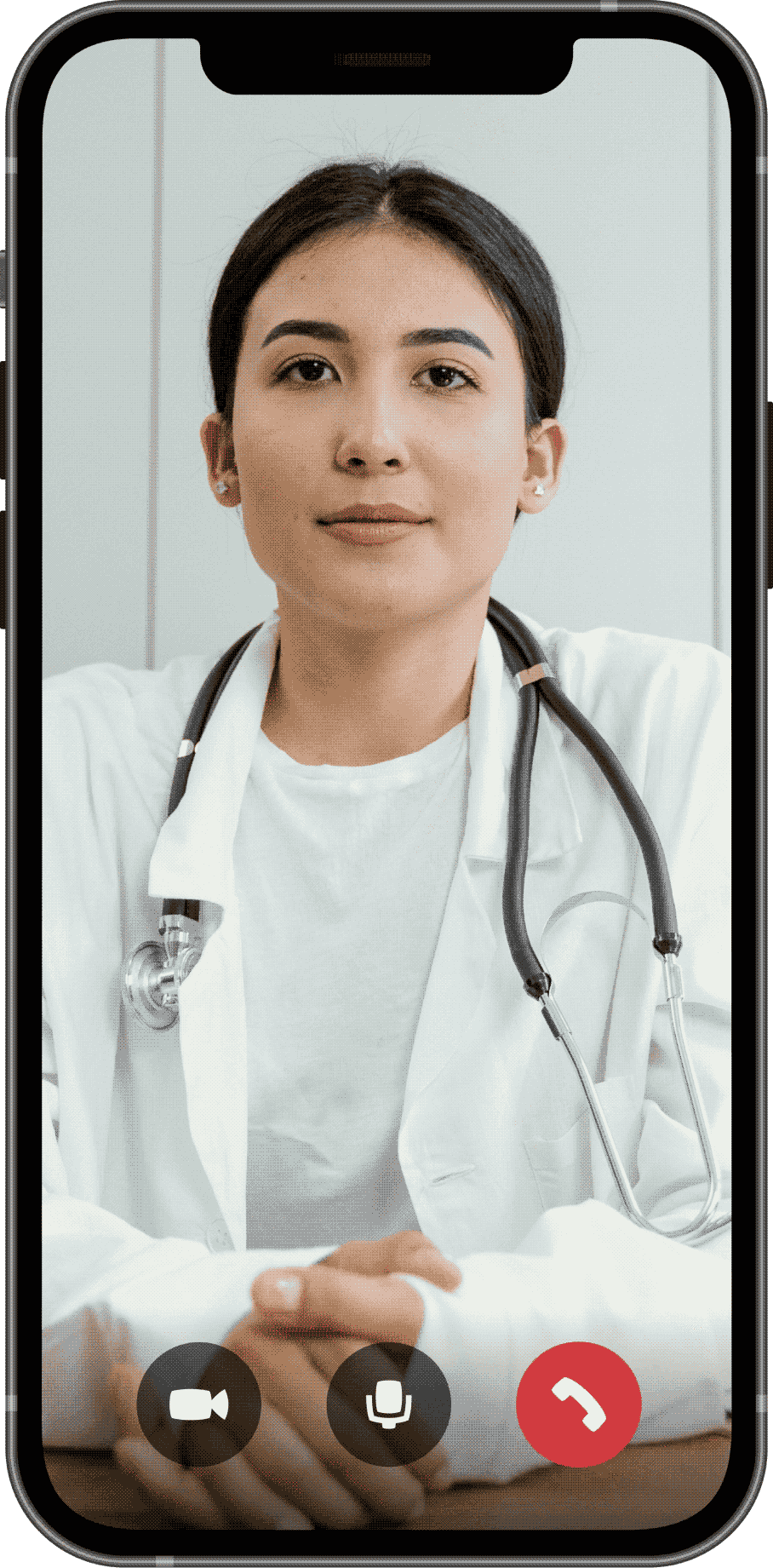|
Read time: 7 min
|
Posted on:
Read time: 7 min
Posted on:




When anyone is trying to get pregnant, there are a number of concerns that can run through our minds in the moments running up to the moment we get the result from the pregnancy test. You might wonder can a yeast infection cause a false positive pregnancy test or a false negative result.
Approximately 30% to 50% of women will experience a vaginal yeast infection at least once in their lives. A yeast infection is a fungal infection in the vagina and vulva caused by the fungus candida albicans, which is naturally present in the body, and there are bacteria present to fight infections.
A yeast infection occurs when there is an imbalance between the yeast and the beneficial bacteria in the vagina. If there is an overgrowth of yeast, this causes an infection, resulting in a number of uncomfortable symptoms, such as:
A yeast infection cannot cause a false positive on a pregnancy test. This is because pregnancy tests are designed to detect the hormone human Chorionic Gonadotropin (hCG) which is produced between 6 and 10 days after the initial fertilization. Predominantly home pregnancy tests are 99% accurate, and a yeast infection does not have a bearing on the result.
Because pregnancy tests look for the hCG hormone, there is no chance of getting a false positive result arising from a yeast infection. The hormone hCG is produced by the placenta and that area is not affected by a yeast infection, so as the placenta is located inside the uterus, this is far away from the vaginal region that would be contaminated with yeast.
There are a number of different reasons for a false positive pregnancy test, including the following:
It is possible to get a negative result from a home pregnancy test, known as a false negative. Some of the following can cause a false negative test:
If you are concerned with the test result, either because the pregnancy test is positive or you have taken a number of pregnancy tests with different results, the best approach is to make sure that you take the test under the right circumstances. As stated above, there are times when a false positive or false negative can occur. If you are sure you’ve done everything to the letter and you still think the pregnancy test is wrong, you need to contact your healthcare provider.
Ensuring that you see a doctor online or in person can put your mind at ease. You may have had many concerns that a yeast infection has caused false positive or false negative results on your home pregnancy test, but this is where seeing a doctor can give you a better understanding of whether you are pregnant or not by conducting a blood pregnancy test, providing greater accuracy and ensuring you have an answer.
DrHouse is a comprehensive service that can provide 24/7 personal care. All our clinicians are board certified and qualified to diagnose and treat a wide variety of conditions. Our telehealth services always ensure you get an answer to your concerns quickly and effectively.
When it comes to wondering can a yeast infection cause a false positive pregnancy test, the answer is it cannot because the pregnancy test is designed to locate the hCG hormone.
While there are a number of reasons for a false positive or false negative pregnancy test, a yeast infection is not one of them.
It’s also important to note that yeast infections can occur because of the individual being pregnant. Infections are more common during pregnancy as hormonal changes can disrupt the pH balance in the vagina.
Content on the DrHouse website is written by our medical content team and reviewed by qualified MDs, PhDs, NPs, and PharmDs. We follow strict content creation guidelines to ensure accurate medical information. However, this content is for informational purposes only and not a substitute for professional medical advice, diagnosis, or treatment. For more information read our medical disclaimer.
Always consult with your physician or other qualified health providers about medical concerns. Never disregard professional medical advice or delay seeking it based on what you read on this website.
If you are experiencing high fever (>103F/39.4C), shortness of breath, difficulty breathing, chest pain, heart palpitations, abnormal bruising, abnormal bleeding, extreme fatigue, dizziness, new weakness or paralysis, difficulty with speech, confusion, extreme pain in any body part, or inability to remain hydrated or keep down fluids or feel you may have any other life-threatening condition, please go to the emergency department or call 911 immediately.
DrHouse provides 24/7 virtual urgent care, men’s health, women’s health and online prescriptions.




















Prescriptions as needed
Renew or get a new Rx.
On-demand virtual visits
See a physician 24/7.
24/7 care support
We are here to help you.
on your schedule
Skip the unnecessary waiting room, see a board-certified clinician now.

